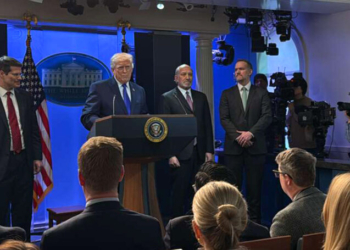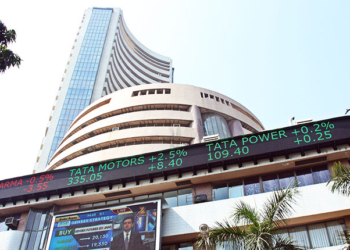New Delhi: The production-linked incentive (PLI) schemes, announced under the leadership of Prime Minister Narendra Modi for 14 key sectors with an outlay of Rs 1.97 lakh crore (over $26 billion) to enhance India’s manufacturing capabilities and exports, are likely to see investments worth Rs 3 lakh crore-Rs 4 lakh crore in the next couple of years.
The investments will likely generate 200,000 jobs in sectors like semiconductors, solar modules and pharmaceutical intermediaries.
The rating agency ICRA expects that over the near to medium term, private capex will ride on a general uptick in macroeconomic activity, as well as several supportive policy measures such as the PLI schemes.
The ICRA expects select sectors to face a stronger uplift in capex such as metals, specialty chemicals and automotive due to expansion plans and strong demand.
“Likewise, the regulatory push for a greener environment will spur investment in related infrastructure,” said the agency.
The 14 sectors for the PLI scheme include mobile manufacturing and specified electronic components, drug intermediaries and active pharmaceutical ingredients, manufacturing of medical sevices, automobiles and auto components, telecom and networking products, electronic/technology products and high-efficiency solar PV modules etc.
According to the government, the aim is to attract investments in key sectors and cutting-edge technology; ensure efficiency and bring economies of size and scale in the manufacturing sector and make Indian companies and manufacturers globally competitive.
Union Commerce and Industry Minister, Piyush Goyal, has told officials of his ministry that the government needs to build on the success of past initiatives such as the PLI schemes and the recent foreign trade agreements (FTAs) to boost domestic manufacturing and exports so that more jobs are created in the country.
The minister said the PLI schemes must be utilised to their full potential to boost exports and domestic production.
When it comes to large-scale local mobile manufacturing, Apple is a shining example.
The tech giant ended FY24 in India with a total iPhone production of around $14 billion (more than Rs 1 lakh crore).
Apple has managed to export iPhones worth more than Rs 16,500 crore (nearly $2 billion) in the first two months of the ongoing financial year (FY25), shows industry data.
(IANS)
















